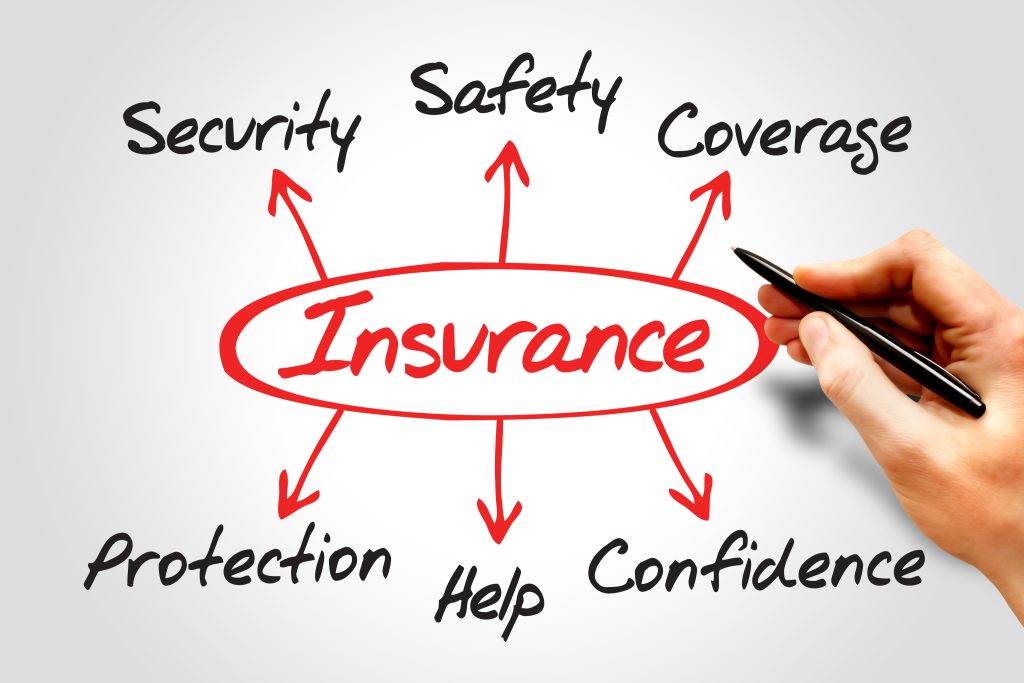
In a world full of uncertainties, insurance serves as a vital tool to safeguard your financial well-being and provide peace of mind. Whether it’s auto, home, health, or life insurance, making wise choices when it comes to coverage can make all the difference in protecting yourself from unexpected expenses. In this blog, we will share valuable insurance tips to help you make informed decisions and ensure you have the right protection for the future.
- Regularly Assess Your Insurance Needs
To ensure you have adequate coverage, it’s important to assess your insurance needs on a regular basis. Life circumstances change, and your insurance should reflect that. Consider factors such as changes in your family, employment, income, or property value. By reviewing your insurance needs periodically, you can make necessary adjustments and avoid any potential gaps in coverage.
- Shop Around for the Best Insurance Coverage
When it comes to insurance, it pays to shop around. Take the time to compare different insurance providers and their offerings. Request quotes from multiple companies and carefully evaluate the coverage, deductibles, premiums, and customer reviews. This research will help you find the best insurance coverage at the most competitive rates.
- Take Advantage of Insurance Bundling
Many insurance companies offer discounts when you bundle multiple policies with them. For example, combining your auto and home insurance with the same provider can lead to significant savings. Before purchasing insurance policies, inquire about potential discounts for bundling, as this can help reduce your overall insurance costs.
- Understand Your Policy Coverage and Limits
Don’t wait until you need to file a claim to understand your insurance policy. Take the time to read and comprehend the terms, coverage, and limits of your policy. Pay attention to specific details such as exclusions, deductibles, and any additional endorsements or riders. Being well-informed about what your insurance policy covers will prevent surprises and enable you to make informed decisions when the need arises.
- Maintain a Healthy Credit Score
Believe it or not, your credit score can impact your insurance rates. Insurance companies often consider your credit history when determining premiums for policies like auto or home insurance. By maintaining a good credit score, you can potentially qualify for lower insurance rates, saving you money in the long run.
- Choose Deductibles Wisely
When selecting an insurance policy, carefully consider the deductible amount. While a higher deductible may result in lower premiums, make sure you can comfortably afford the deductible in case of a claim. Find a balance that works for your budget and risk tolerance.
- Implement Preventive Measures for Insurance Discounts
Insurance companies often offer discounts for implementing safety and preventive measures. Installing security systems, smoke detectors, or maintaining a good driving record can lead to reduced premiums. Inquire about potential discounts for safety features, as they can not only enhance your protection but also save you money on insurance premiums.
- Keep Beneficiaries Updated
If you have life insurance or retirement accounts, regularly review and update your beneficiaries. Life changes such as marriage, divorce, or the birth of a child may warrant changes to your beneficiary designations. By keeping your beneficiaries up to date, you can ensure your loved ones are financially protected according to your wishes.
- Seek Guidance from Insurance Professionals
Navigating the world of insurance can be overwhelming. Consider working with a trusted insurance professional who can assess your needs, provide expert advice, and guide you in selecting the right coverage. Their expertise can help you make informed decisions and ensure you have the appropriate protection tailored to your specific requirements.
Conclusion
By following these insurance tips, you can make smart choices that protect your assets, provide financial security, and offer peace of mind. Regularly assessing your insurance needs, shopping around for the best coverage, understanding your policy, and maintaining.
